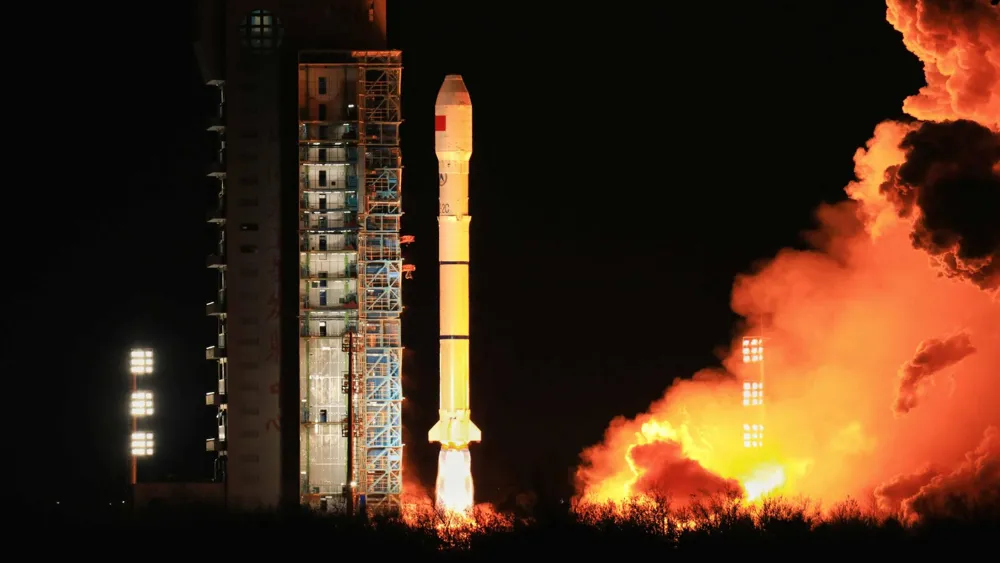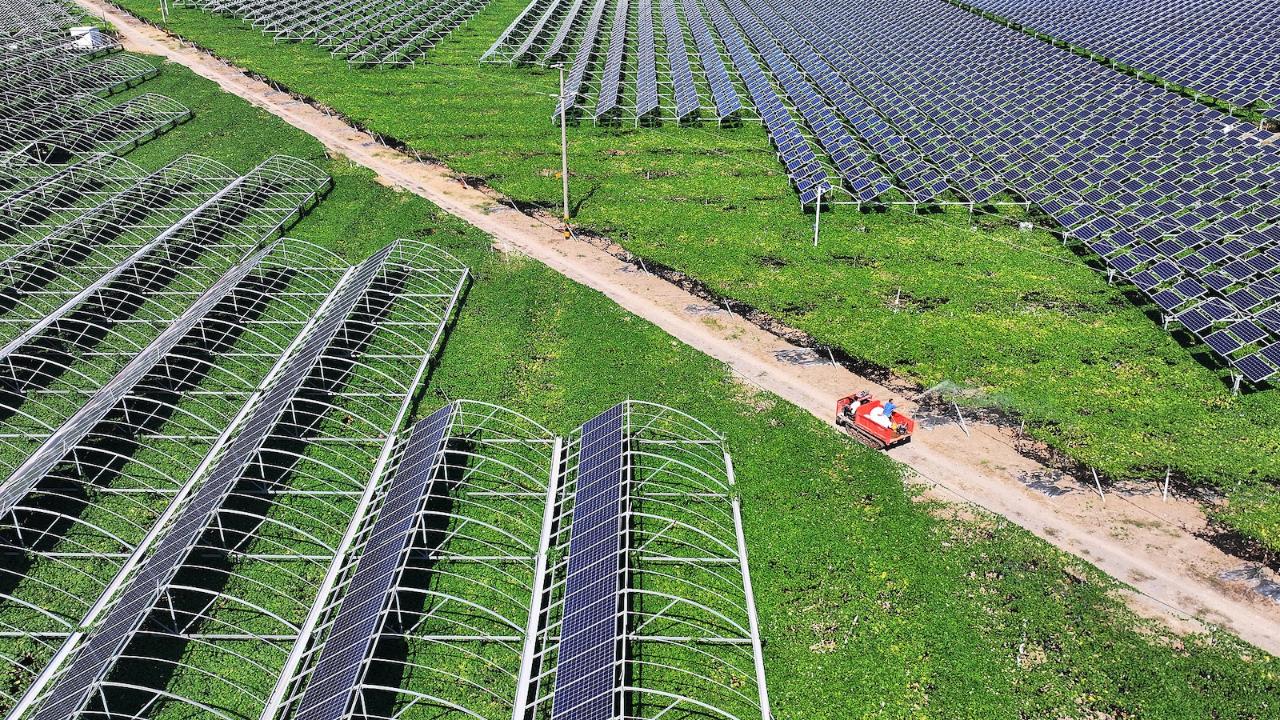China Launches Two High Resolution Radar Satellites

China launched two high-resolution radar satellites from the Jiuquan Satellite Launch Center in northwest China on Monday, marking a significant advancement in satellite technology for all-weather surveillance.
The satellites, named Siwei Gaojing-2 03 and 04, were carried into the skies by a Long March-2C rocket, which successfully placed them into their designated orbit at 7:39 a.m.
These cutting-edge satellites, developed by the China Aerospace Science and Technology Corporation, feature high-precision phased array radar systems. This technology enables them to deliver high-resolution radar images irrespective of weather conditions, thus strengthening national security through improved data collection.
The enhanced observational capabilities of these satellites have broad implications, notably supporting sectors such as natural resource management, urban security, emergency response initiatives, and maritime operations.
The Long March-2C, a liquid-fueled rocket developed by the China Academy of Launch Vehicle Technology, is specifically designed for launching satellites into low Earth orbit and sun-synchronous orbit.
This versatile rocket can operate from all three primary launch sites in China: Xichang, Jiuquan, and Taiyuan, showcasing the flexibility and reach of China's launch capabilities.
Significantly, this mission marks the 547th flight within the Long March rocket series, illustrating the sustained commitment of China's space ambitions.
Read These Next

Streetlight Charging: Revolutionizing EVs
A Pennsylvania State University research team has successfully converted streetlights into electric vehicle charging stations, providing a cheaper and more effective alternative to traditional installations while considering urban equity.

AI Surge in Venture Capital: A Game Changer
Analysis of the recent PitchBook report indicating a historic investment surge in AI startups within the venture capital sector, exceeding half of total funding.

China Aims to Accelerate Green Transition in All Sectors
China plans to speed up its green economy transition with investments in technology and eco-friendly practices to combat pollution.
